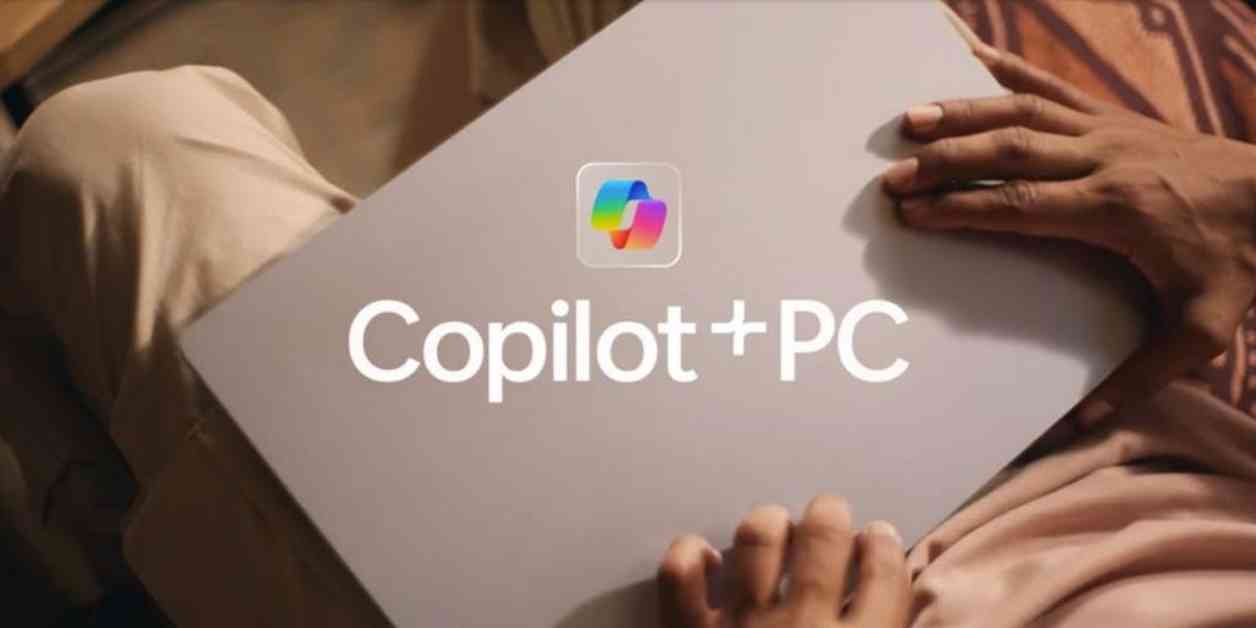Microsoft has shared an update regarding the rollout plan for its Recall preview feature on Copilot+ PCs. Originally scheduled for a broad preview release on June 18, 2024, Recall will now be first introduced to the Windows Insider Program in the upcoming weeks. Microsoft aims to gather feedback from insiders to enhance the feature before making it available to all Copilot+ PC users.
The Recall feature is designed to serve as a personal “photographic memory,” capturing periodic snapshots of your screen to create a visual timeline. This allows users to easily revisit and locate content they have previously viewed across various apps, websites, and documents.
While the Recall feature presents the benefit of instantly retrieving on-screen information, security researchers have identified potential vulnerabilities that could expose personal data to malicious code. Due to these concerns, Microsoft has decided to delay the implementation of Recall in new computers being delivered this week.
The Nightmare Scenario of Recall as a Spy Tool
Despite Recall’s functionality in surfacing past on-screen content, there are valid concerns that the feature could be utilized as a potent spy tool, especially if the device falls into the wrong hands. Even if users employ incognito mode or clear browsing history, Recall retains full access to the entire on-screen history. Although Microsoft states that the data remains on the computer, critics remain skeptical.
Security Researchers Expose Recall’s Risky Flaws
Security experts have closely examined Recall’s operation and have raised alarms about potential security risks. The system continuously captures snapshots of on-screen activities, enabling users to search for essential data that may have been misplaced during work. However, researchers have discovered flaws in Recall’s operation that could potentially expose sensitive information to malicious entities.
Flaws Could Expose Personal Data to Malicious Code
One security researcher, Kevin Beaumont, has identified significant flaws in Recall’s data storage system. The system stores data in a plain text format, making it susceptible to exploitation by malicious code seeking personal information, such as sensitive work files and private communications. While Microsoft has implemented encryption measures, Beaumont highlights that the system remains vulnerable to potential attacks.
Potential for Exposing Sensitive Information
Beaumont has refrained from disclosing complete technical details to provide Microsoft with an opportunity to address the loophole. However, the potential for exposing a range of sensitive information, including financial and health data, is evident. Despite users’ trust in Microsoft, malicious actors could find ways to exploit Recall’s data repository.
Balancing Innovation and Data Protection
The revelations surrounding Recall underscore the importance of balancing innovation with stringent data protection measures, particularly as AI technologies become more prevalent in our devices. As the debate continues regarding Recall’s privacy implications, users can take proactive steps to safeguard their data and enhance their use of the tool securely.
Addressing Privacy and Security Concerns
In response to privacy and security concerns, Microsoft has announced several updates to Recall to enhance user control and data protection. These updates include requiring users to opt-in to enable Recall, implementing additional layers of encryption, and enforcing stringent data protection measures.
Insider Feedback and Broader Availability
Following the Recall preview availability to the Windows Insider Program, Microsoft plans to incorporate feedback and insights from users into the feature before making it available to all Copilot+ PC users. By leveraging real-world scenarios and user feedback, Microsoft aims to refine the Recall feature to ensure enhanced privacy and security.
In conclusion, Microsoft’s Recall AI feature presents a blend of innovative capabilities and potential privacy risks. As users navigate the benefits and risks associated with AI technologies like Recall, it is essential to prioritize data protection and privacy. By staying informed, implementing privacy measures, and engaging with technology responsibly, users can leverage AI features effectively while safeguarding their personal information.



